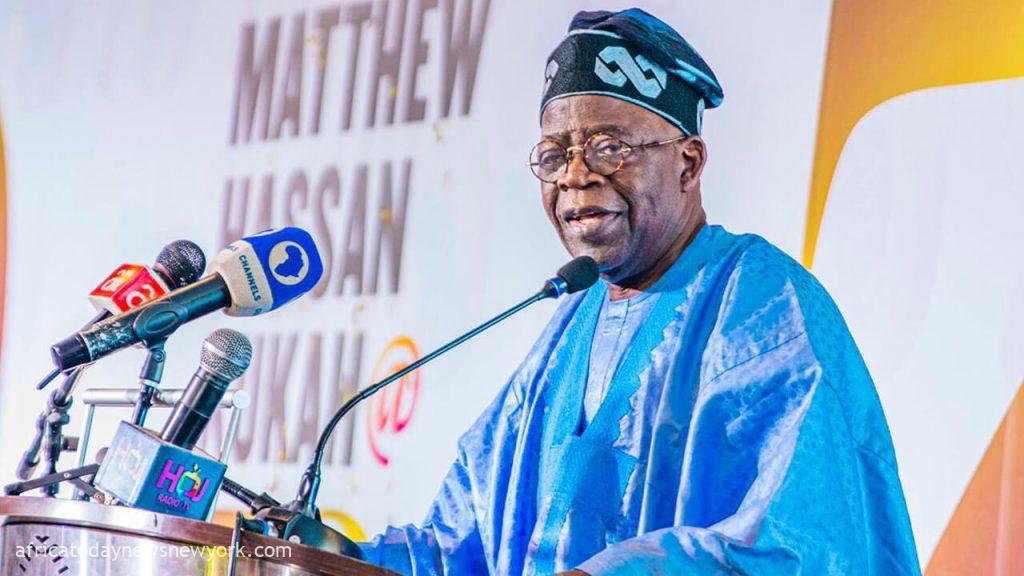The President of Nigeria, Bola Ahmed Tinubu has lamented that over 90 million Nigerians lack access to electricity one decade after the country’s power sector was privitised.
This was even as the Minister of Power, Adebayo Adelabu, threatened to revoke licences of companies whose performances so far has been below par.
Speaking at the Nigeria Electricity Supply Industry (NESI) Market Participants and Stakeholder Roundtable in Abuja, Tinubu who was represented by the Special Adviser on Power and Infrastructure, Sadique Wanka, lamented that the national grid only serves about 15 per cent of the country’s demand. This has left households and factories to rely on expensive self-generation, which supplies a staggering 40 per cent of the country’s demand.
‘What is worse, is that the total amount of electricity that can be wheeled through the national grid has remained relatively flat in the last 10 years. The grid capacity has increased from just over 3000MW to typically just over 4,000MW today as against a 40,000MW target by 2020 that the Federal Government had set pre-privatisation’ he said.
According to the president, only around 45 per cent of NESI customers are metered today, with wide variations across DisCos. ‘The scale of investment needed to meter current and new customers and replace obsolete meters is not trivial. The government is committed to supporting the metering drive through the World Bank (DISREP) programme which should add at least 1.25 million meters, while activating the Meter Acquisition Fund to procure another 4 million meters. But we must also realise that long-term sustainable metering should be within the remit of DisCos and their partners.’
Read Also: Tinubu’s Approves ₦2.1 Trillion As 2023 Supplementary Budget
‘We need to have a clear plan to rebase tariffs, so we recognise the real costs and loss levels of the entire value chain, and we allow for adequate cost recovery for investments. We need to be clear on what shortfalls are and how we will finance them. And there must be a clear path to extinguishing historic sector debts to various value chain stakeholders. A reconciliation exercise in this regard is already under way’ he noted.
Irked by the abysmal performance of the sector, Minister of Power, Adebayo Adebayo, threatened to revoke the licences of companies whose performances fall below standard, saying that he would rather move for commercialisation than privatisation. He said that the government will do performance assessment of all the distribution companies (DisCos) and all the generation companies (GenCos) and any of them that fails the strait test will be left behind. The assessment will be based on whether they have technical capacities, financial capabilities and how much investment they have made; how much improvement they have made to the infrastructure? Which of the Aggregate Technical and Commercial (AT&C) losses they have reduced.
‘And I made mention that 10 years down the line the licences are expiring and it’s time for renewal. Renewal is not automatic. Any of the privatised companies that has not lived up to expectation will not have its licence renewed. We have to know whether you have complied with the terms and conditions of the licence you have been given.
We look at the technical capacities of the GenCos and the DisCos. We will look at the financial capabilities of the DisCos. How much investment have you made since you got this licence? How much improvement have you made to the infrastructure? Which of the AT&C losses have you reduced based on the agreement when you were given these licences? These are the very serious conversations we need to have with the private sector operators at the distribution and the generating company level” he emphasised.
The Minister regretted that the state of things in the electricity supply industry is quite intolerable and the objectives of the the privatisation have not been met.
To this extent, he canvassed for commercialisation instead of privatisation.

